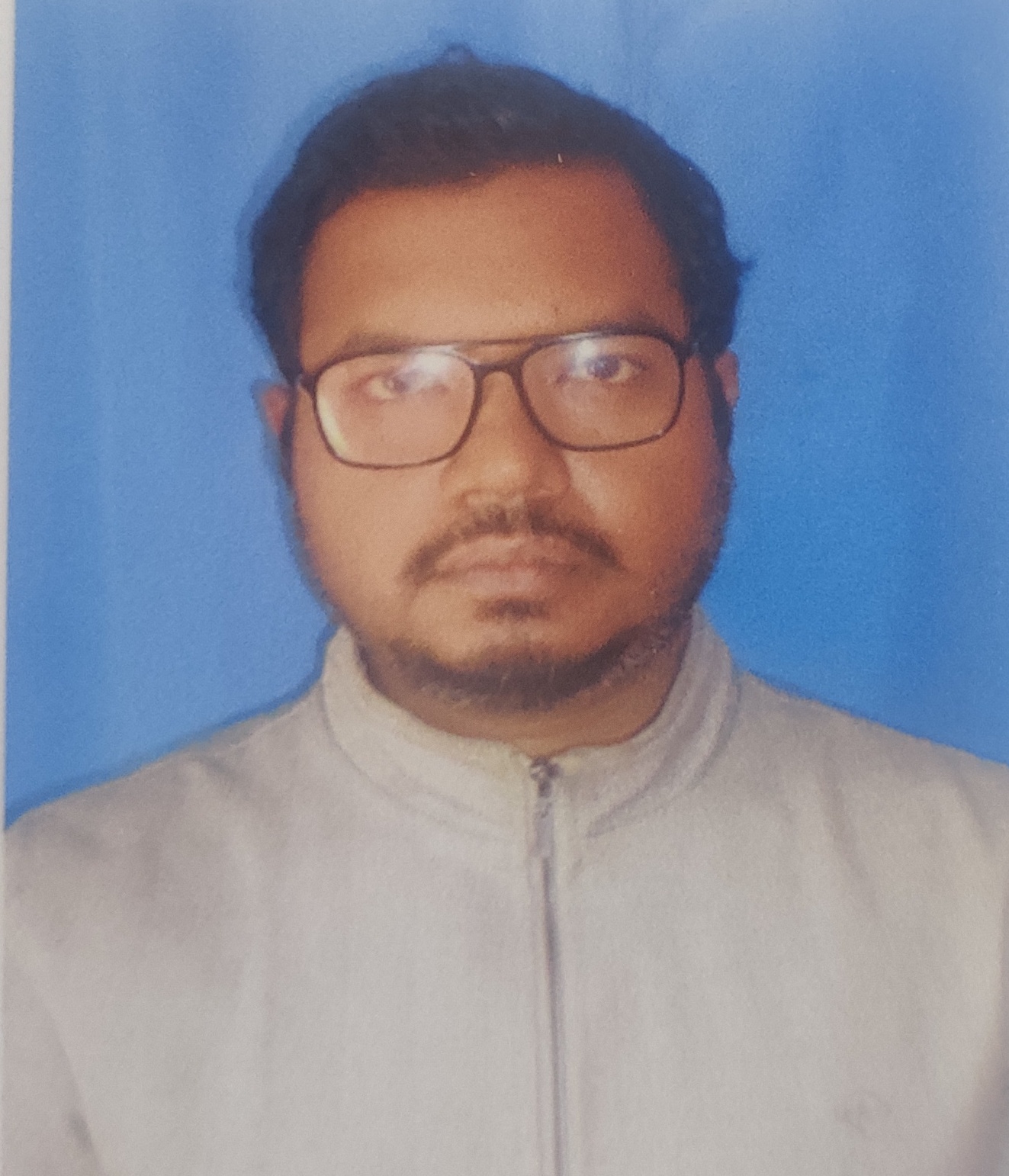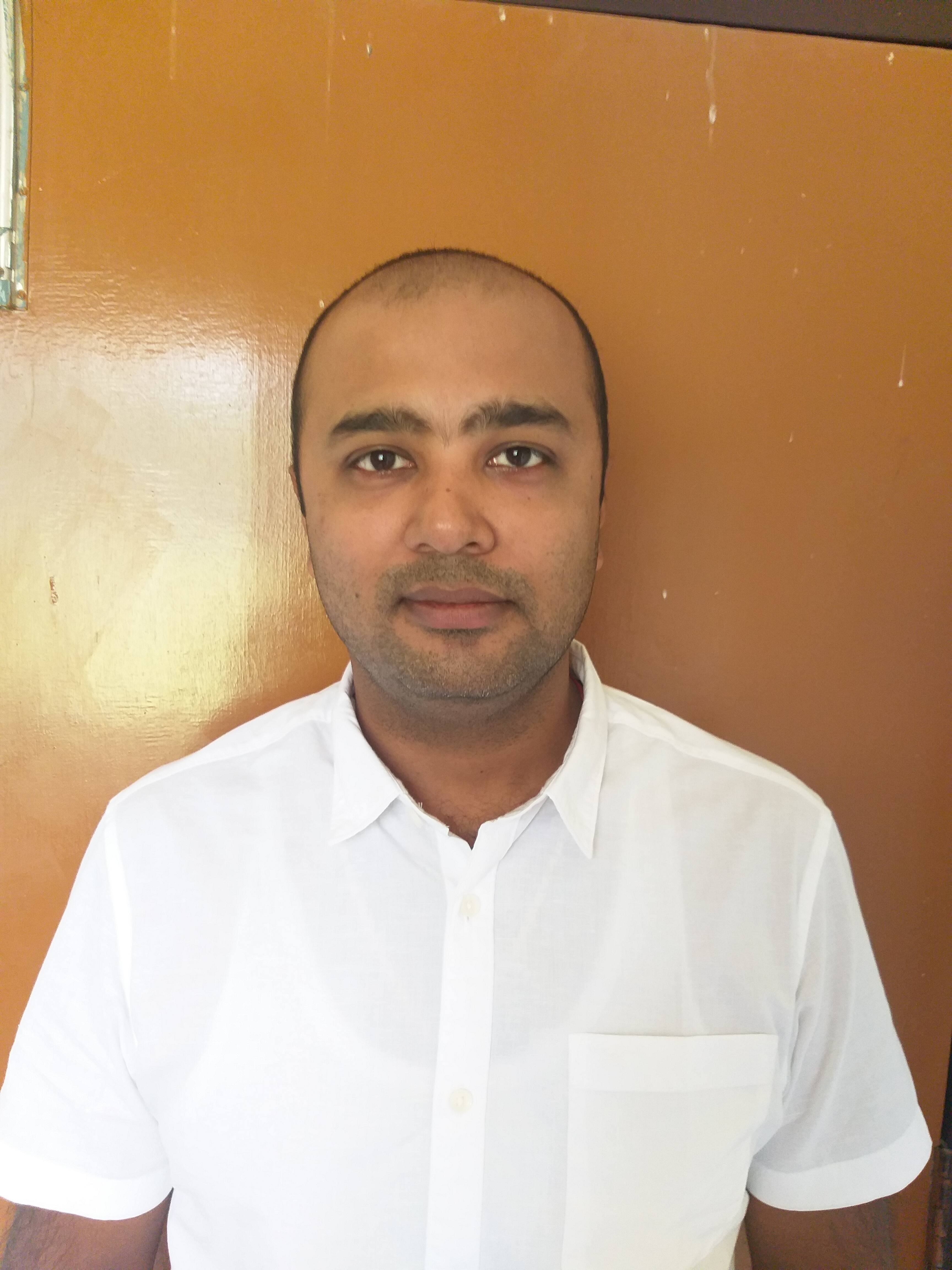| Name | Present Designation | Photograph |
|---|---|---|
| Dr. Dipak Kumar Das | Prof. & HOD |  |
| Dr. Aditya Madhab Baruah | Assistant Professor |  |
| Dr. Kaustav Ranjan Kalita, MD (Forensic Medicine) | Assistant Professor |
|
Forensic Medicine
Last Updated on:
About
The Department of Forensic Medicine in Fakhruddin Ali Ahmed Medical College is a specialized department focused on the application of medical knowledge for legal purposes. It plays a crucial role in bridging the fields of medicine and law, offering education, research, and services related to medico-legal cases.
Objectives:
1. Education and Training:
- Teaches undergraduate (MBBS) students about medico-legal aspects of medical practice.
- Covers topics such as injury analysis, autopsy techniques, medical ethics, toxicology, and legal responsibilities of healthcare providers.
- Trains students to handle medico-legal cases with accuracy and professionalism.
2. Medico-Legal Services:
- Conducts autopsies to determine the cause and manner of death in unnatural or suspicious cases.
- Examines cases of physical assault, sexual offenses, poisoning, and unnatural deaths.
- Prepares medico-legal reports that are used as evidence in courts of law.
3. Research:
- Undertakes research in forensic toxicology, forensic anthropology, injury patterns, and related areas.
4. Community and Legal Awareness:
- Educates the students and healthcare providers about legal aspects of medical practice, such as consent, negligence, and handling of medico-legal cases.
- Collaborates with law enforcement agencies and the judiciary in solving criminal cases.
Curriculum Highlights:
- Medico-Legal Autopsy: Students learn to perform autopsies, document findings, and interpret results for legal purposes.
- Forensic Toxicology: Understanding poisons, drugs, and their effects on the human body, along with detection techniques.
- Injury Analysis: Studying types of wounds, their causes, and medico-legal significance.
- Medical Jurisprudence: The study of legal responsibilities of doctors and medical professionals.
- Ethics and Law: Training in ethical medical practices and understanding the legal implications of clinical decisions.
Importance of Forensic Medicine:
- Legal System Support: Assists in criminal investigations by providing medical evidence to the judiciary.
- Public Health and Safety: Contributes to understanding causes of death and preventing injuries or fatalities.
- Medical Accountability: Educates future doctors on legal obligations, reducing incidences of medical negligence.
The Department of Forensic Medicine plays a pivotal role in both medical education and the legal system, ensuring justice through scientific expertise while shaping ethically sound medical professionals.

